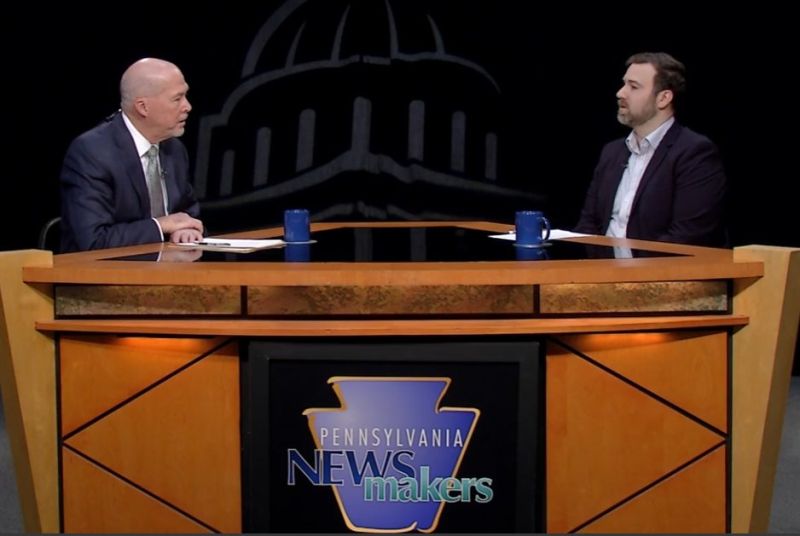The chemical industry in Pennsylvania is a significant economic driver supporting high-wage jobs, generating tax revenue for communities, and advancing sustainable solutions to protect our environment. It also plays a crucial role in creating the essential building blocks for manufacturing everyday products that are critical for everyday life. The chemical industry creates products necessary to make medical equipment, renewable energy, food packaging, electronics, and more, with global demand expected to increase.
Modern society relies on chemical and plastics production and demand is expected to continue to increase.
Just as when consumers turn on the light switch and don't see what goes into producing electricity, the same is true for the consumer products we all use. From energy production to infrastructure such as pipelines, chemical and polymer production, product manufacturing, packaging and distribution to consumers — our industry touches nearly every aspect of the consumer product journey.
Understanding the full life cycle of products also helps us identify areas where we can make significant inroads to enhance sustainability and extend the product life cycle through scalable technologies such as advanced recycling.






